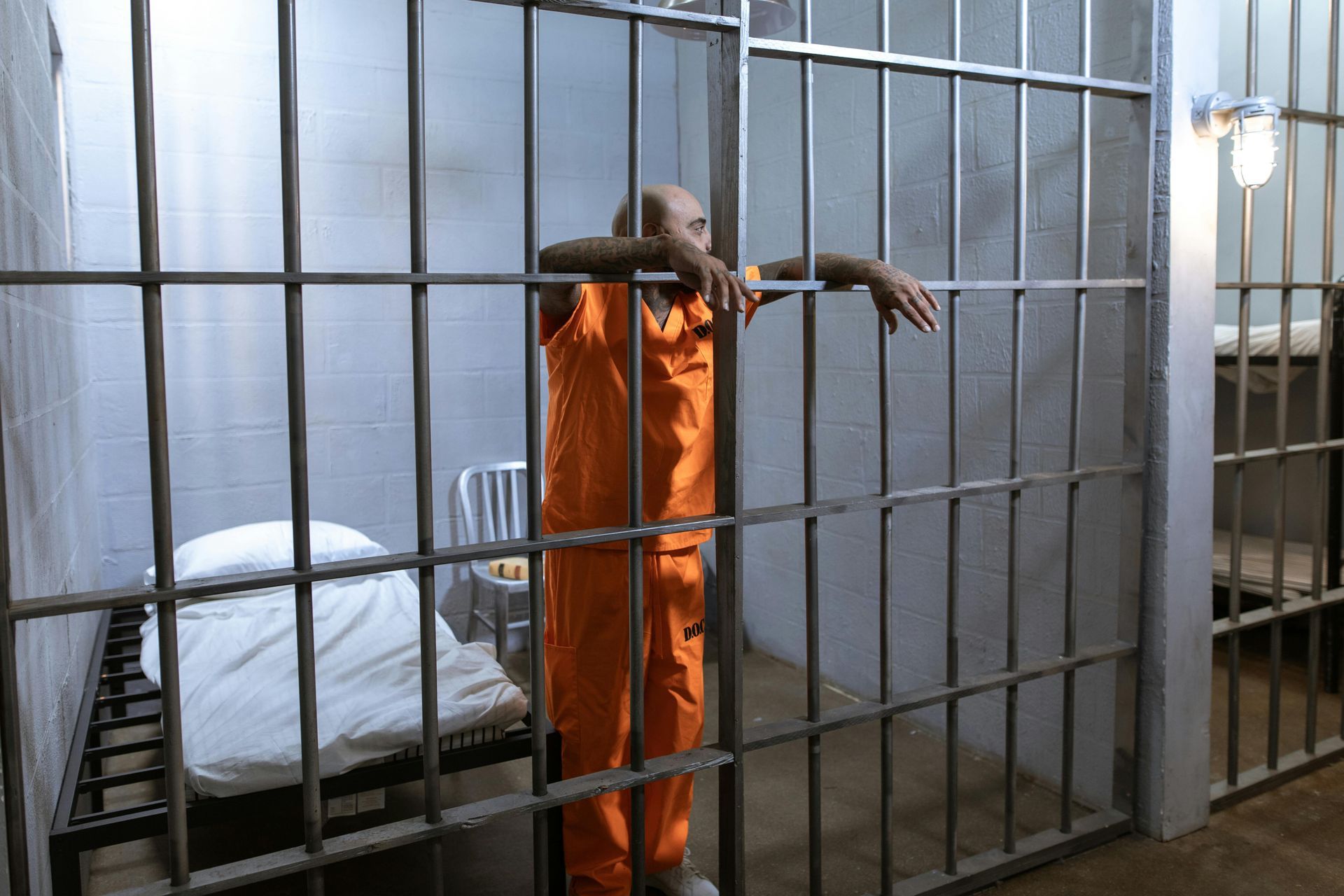Understanding Misdemeanors and Penalties in California
Understanding Misdemeanors and Penalties in California
Misdemeanors are criminal offenses that carry serious consequences and hefty fines. However, despite their severity, many people are still unsure of what misdemeanors are and the possible consequences they can bring. In California, misdemeanor crimes can result in jail time, hefty fines, and a permanent criminal record. In this blog post, we will explore what misdemeanors are, some common examples, and the penalties you can face if convicted. Moreover, we will talk about how Attorney Marcus DeBose of Email My Lawyer can assist you if you're facing misdemeanor charges in San Diego, California.
What is a Misdemeanor?
A misdemeanor is a criminal offense that is less severe than a felony crime, but still carries serious penalties. Misdemeanors in California are divided into two categories, standard and gross. Standard misdemeanors include crimes such as petty theft, disorderly conduct, drug possession for personal use, and DUI. On the other hand, gross misdemeanors include driving on a suspended license, domestic violence, animal cruelty, and reckless driving.
Examples of Misdemeanors
Some common examples of misdemeanor crimes in California include:
- DUI: Driving under the influence of drugs or alcohol
- Petty theft: Stealing property valued at under $950
- Trespassing: Entering a private property without the owner's consent
- Disorderly Conduct: Behaving in a manner that disturbs public peace
- Vandalism: Damaging someone else’s property
Penalties of Misdemeanor Charges in California
If convicted of a misdemeanor crime in California, you can face serious consequences, including fines, probation, and jail time. The penalties depend on the type of misdemeanor and the circumstances of the crime. Standard misdemeanors are punishable by up to $1,000 in fines and a maximum of 6 months in jail. On the other hand, gross misdemeanors can result in up to $1,000 in fines and a maximum of one year in jail.
How Attorney Marcus DeBose can assist
If you're facing misdemeanor charges in San Diego, California, the attorney Marcus DeBose of Email My Lawyer can provide legal assistance. Marcus DeBose has years of experience in criminal law and has successfully represented many clients in misdemeanor cases. Whether you've been accused of DUI, petty theft, or domestic violence, his team can build a strong defense strategy for your case. More importantly, Attorney DeBose can work to ensure you receive fair treatment and a just outcome in court.
Being charged with a misdemeanor crime in California can dramatically impact your life, career, and future job prospects. That’s why it’s crucial to understand the severity of a misdemeanor and the potential consequences. This blog post has provided a comprehensive overview of misdemeanors, common examples, and potential penalties. If you're facing misdemeanor charges, it's important to have a criminal defense attorney on your side. Contact Attorney Marcus DeBose today, and let him help protect your rights and freedom.










